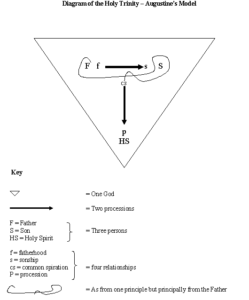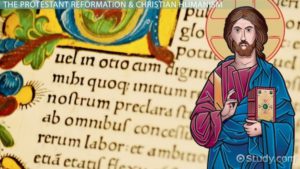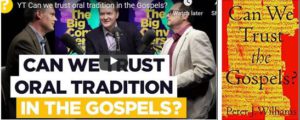
TWENTY-NINTH QUESTION: THE ETERNAL GENERATION OF THE SON
Was the Son of God begotten of the Father from eternity? We affirm
I. The preceding question established the consubstantiality (homoousian) and essential identity of the Son with the Father. This question will demonstrate his personal distinction from him, his ineffable and eternal generation against the blasphemies of anti-Trinitarians.
Statement of the question.
II. The question is not whether Christ can be said to be begotten of God by the miraculous conception of the Holy Spirit; or whether he can be called the Son of God by a gracious communication of existence, power and divine glory (for this the adversaries readily grant and acknowledge no other cause of his filiation). But the question is whether he was begotten of God from eternity, and whether he may be called Son on account of the secret and ineffable generation from the Father. The Socinians blasphemously deny this; we affirm it. Continue reading “The Eternal Generation of the Son: Francis Turretin on the Trinity”







